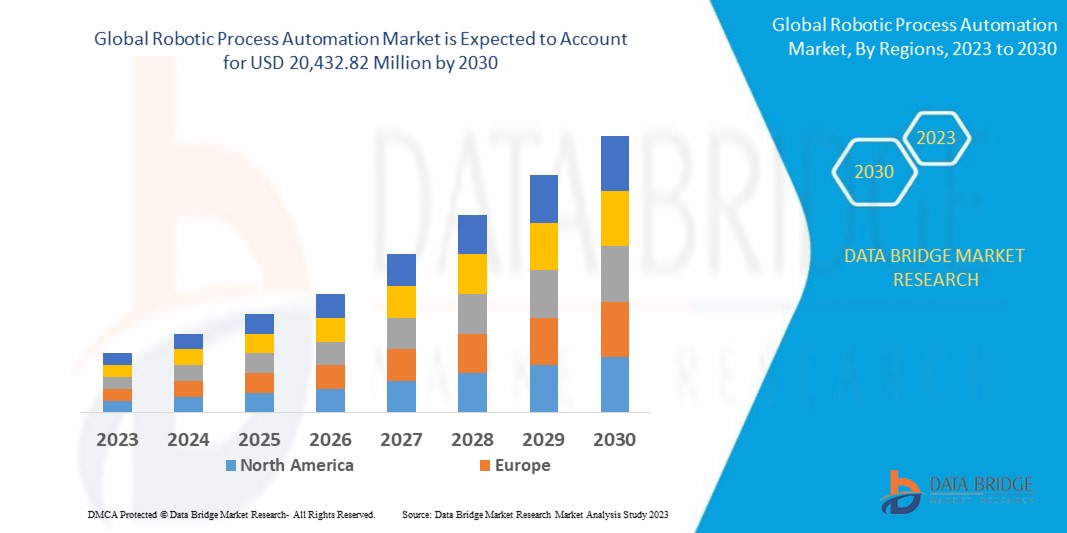In today’s rapidly evolving digital landscape, businesses rely on a multitude of software applications to perform various operations. However, managing these isolated systems can be a daunting task, leading to inefficiencies and data silos. This is where Enterprise Application Integration (EAI) services come into play, providing a solution to integrate disparate systems, streamline processes, and enhance overall productivity.
In this article, we will delve into the world of Enterprise Application Integration Services, explore its benefits, best practices, and its significance in software development, including the role of QA software testing services.
Introduction to Enterprise Application Integration Services
What is Enterprise Application Integration (EAI)?
Enterprise Application Integration (EAI) refers to the process of connecting different enterprise-level applications and systems within an organization to enable seamless data exchange and efficient workflows. It involves integrating software systems such as ERP, CRM, SCM, and other business applications, ensuring they communicate effectively and function cohesively.
With EAI services, companies can achieve a unified IT environment, enabling efficient data flow, reducing redundancies, and providing a holistic view of business operations.
Why Enterprise Application Integration is Crucial
In the age of digital transformation, businesses often utilize multiple software applications, each serving a distinct purpose. However, the lack of communication between these systems can result in:
- Data Silos: Isolated systems that prevent information sharing across the organization.
- Inefficiencies: Manual data entry and processes lead to errors and increased workloads.
- Reduced Agility: Inability to adapt quickly to market changes due to fragmented data.
To overcome these challenges, enterprises need robust Enterprise Application Integration services that can streamline workflows, enable real-time data access, and improve decision-making capabilities.
Key Benefits of Enterprise Application Integration
1. Enhanced Data Accessibility
EAI enables the seamless flow of data across different applications, providing businesses with a centralized view of information. This eliminates data silos and enhances accessibility, allowing employees to make informed decisions.
2. Improved Operational Efficiency
By integrating various business processes and automating workflows, Enterprise Application Integration services can significantly enhance operational efficiency. This reduces manual intervention, minimizes errors, and accelerates task completion.
3. Greater Agility and Scalability
EAI facilitates the integration of new applications without disrupting existing workflows, enabling organizations to adapt quickly to changing business needs. This scalability ensures that businesses can grow and evolve seamlessly.
4. Cost Reduction
Streamlined operations and reduced manual processes translate into lower operational costs. Additionally, the efficient use of resources through integration reduces the need for maintaining multiple, standalone systems.
5. Enhanced Customer Experience
By providing a unified view of customer data, EAI helps businesses offer personalized services, leading to better customer satisfaction and loyalty.
Best Practices for Successful Integration
For successful Enterprise Application Integration, businesses should follow these best practices:
1. Define Clear Objectives
Establish clear goals and objectives for the integration process. Identify the specific problems that need to be addressed and ensure alignment with the business strategy.
2. Choose the Right Integration Approach
Select the integration method that best suits your business needs. Common approaches include point-to-point integration, middleware-based integration, and API integration.
3. Ensure Data Security
Implement robust security measures to protect sensitive data during the integration process. This includes data encryption, secure access controls, and regular security audits.
4. Conduct Thorough Testing
Testing is crucial to ensure that the integrated systems work as expected. Employ comprehensive QA software testing services to identify and resolve any issues before the integration goes live.
5. Monitor and Optimize
Continuously monitor the performance of integrated systems and make necessary adjustments to optimize efficiency and address any potential bottlenecks.
The Role of a Software Development Company in EAI
A reliable software development company plays a vital role in the successful implementation of Enterprise Application Integration services. Such companies offer expertise in developing custom solutions that cater to the specific needs of the business. They provide:
- Tailored Integration Solutions: Customized integration strategies based on business requirements.
- Advanced Tools and Technologies: Access to the latest tools and frameworks for efficient integration.
- Ongoing Support and Maintenance: Continuous support to address any issues and ensure smooth operations.
Challenges in Enterprise Application Integration
Despite its numerous benefits, Enterprise Application Integration comes with its set of challenges:
1. Compatibility Issues
Integrating legacy systems with modern applications can be difficult due to compatibility issues. It often requires modifications and adaptations to ensure seamless communication.
2. Data Security Risks
The integration process involves data exchange between multiple systems, increasing the risk of data breaches. Ensuring robust security measures is critical to protect sensitive information.
3. High Initial Costs
Implementing EAI can involve significant upfront investment in terms of resources, software, and infrastructure. However, the long-term benefits often outweigh these initial costs.
How QA Software Testing Services Enhance EAI
The success of any Enterprise Application Integration project heavily relies on the quality of the integration process. This is where QA software testing services play a critical role. By conducting thorough testing, businesses can:
- Identify Integration Errors: Detect and fix errors that may disrupt workflows.
- Ensure Data Consistency: Validate that data is accurately exchanged between integrated systems.
- Enhance Performance: Optimize the performance of integrated applications, ensuring smooth operations.
- Improve User Experience: Ensure that the end-users have a seamless experience without any disruptions.
Conclusion
Enterprise Application Integration services are a crucial component of modern business operations. They help streamline processes, improve data flow, and enable better decision-making. By partnering with a proficient software development company and employing QA software testing services, businesses can achieve successful integration, enhance operational efficiency, and stay ahead in a competitive landscape.
Impressico Business Solution specializes in offering tailored Enterprise Application Integration services. With their expertise in software development and comprehensive testing services, they ensure seamless integration, robust data security, and optimized workflows, helping businesses maximize their potential and drive growth.



